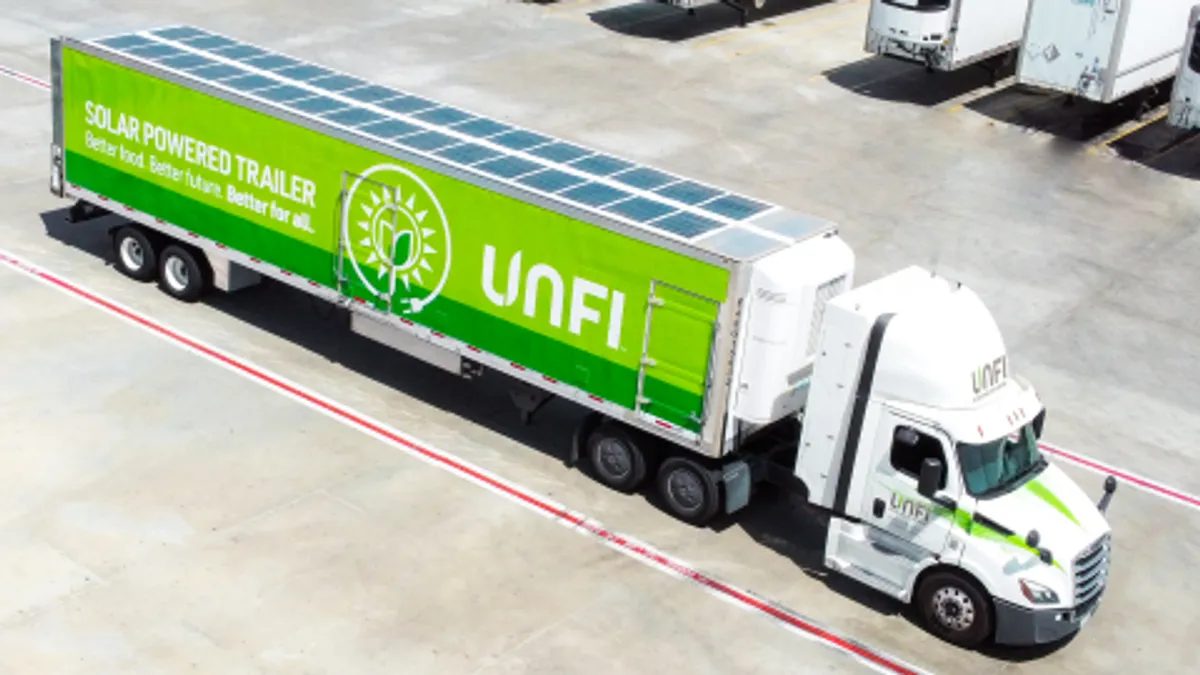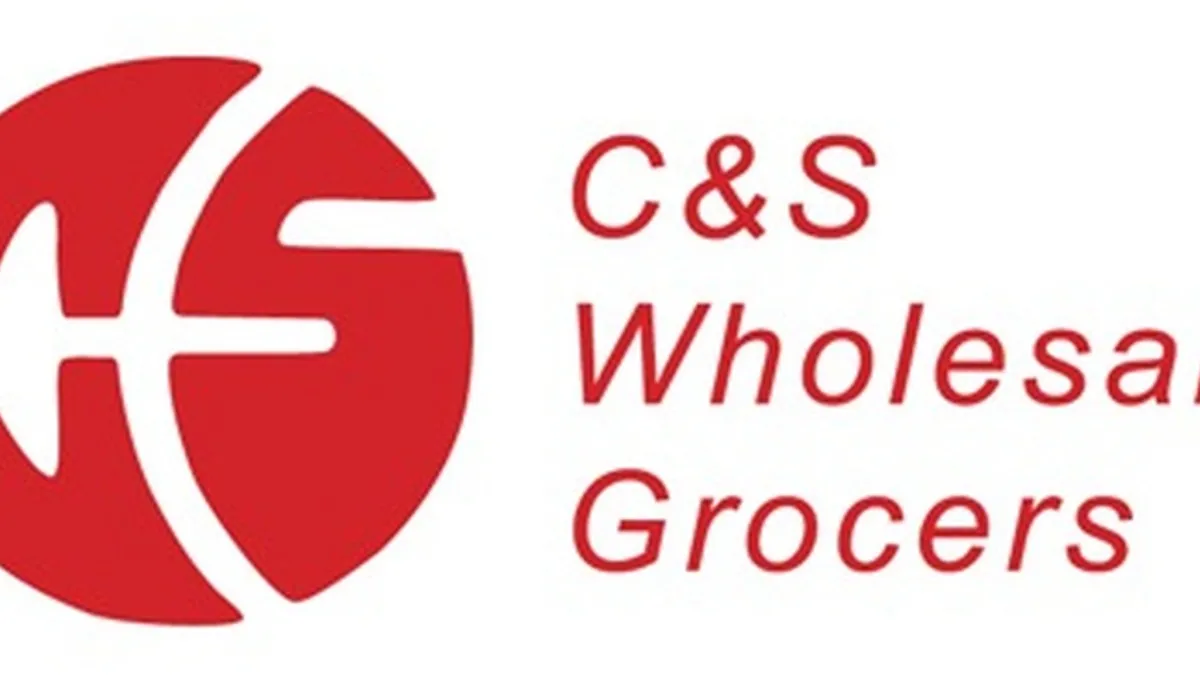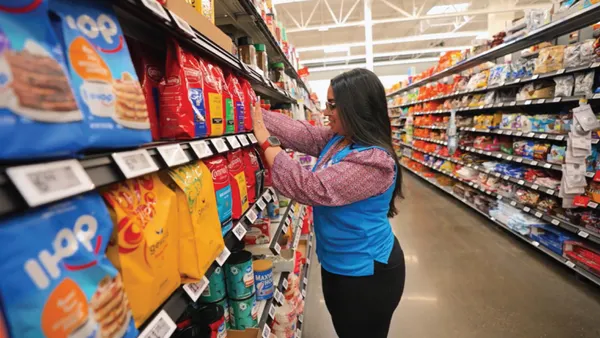Dive Brief:
- UNFI raised its full-year guidance for net sales, income and earnings per share on Wednesday as inflation and new business benefit the distribution company, according to a Wednesday news release.
- During UNFI’s second financial quarter of 2022, which ended Jan. 29, net sales totaled $7.4 billion, up 7.5% over the same period a year ago, while net income increased 11.9% to $66 million.
- The company reported double-digit sales growth to Whole Foods, its largest customer, and independent grocers. However, executives noted that supply chain disruptions are continuing to impact the business.
Dive Insight:
UNFI benefited from inflation and higher volumes coming from new and existing customers as retailers turned to the distributor for additional products, including private labels, and professional services.
During Q2, around 40% of top-line sales growth came from volume increases, including new business and cross-selling natural and conventional products to retailers, while inflation accounted for the rest of the growth, UNFI President Chris Testa said during the company’s earnings call Wednesday.
Cross-selling, an initiative that UNFI has outlined as a key strategy, and that involves selling more conventional products to natural retailers, and more natural products to conventional retailers, generated $100 million in incremental revenue during Q2, said Testa. He said UNFI is on track to generate $1 billion in revenue this fiscal year through cross-selling initiatives.
The increase in sales to Whole Foods, meanwhile, underscores the improving fortunes at that chain following a sharp, lingering downturn in store traffic earlier in the pandemic.
UNFI’s retail stores, which include dozens of Cub Foods and Shoppers Food & Pharmacy locations, notched $643 in Q2 sales, up a modest 1.6% over the previous year as supermarket sales moderate across the country. On a two-year stack, retail sales increased 16.9%.
UNFI raised its full-year guidance across a few key metrics, but investors didn’t exactly welcome the news as supply chain disruption, labor woes and rising gas prices sounded cautionary notes for the company. UNFI’s stock price declined around 6% on Wednesday and slumped further when the stock market opened on Thursday.
“We continue to be constrained by deteriorating fill rates caused primarily by upstream supply chain challenges,” Testa said. “Deteriorating fill rates were driven by high demand, the impact of omicron on the availability of freight and labor including in our own DCs as well as continuing raw material and packaging shortages.”
In a question-and-answer session with analysts, Testa said the company had hoped fill rates would have improved by now, but that hasn’t happened.
UNFI has also dealt with labor constraints exacerbated by the omicron variant of the coronavirus, which has ebbed considerably in recent months. The company is steadily adding positions, with a vacancy rate of 9% at its distribution centers, down from 15% last summer.
Fuel prices have also proven to be a headwind for UNFI. Prices here were up 40% in Q2 compared to the previous year, and executives said they anticipate that cost will go up.















